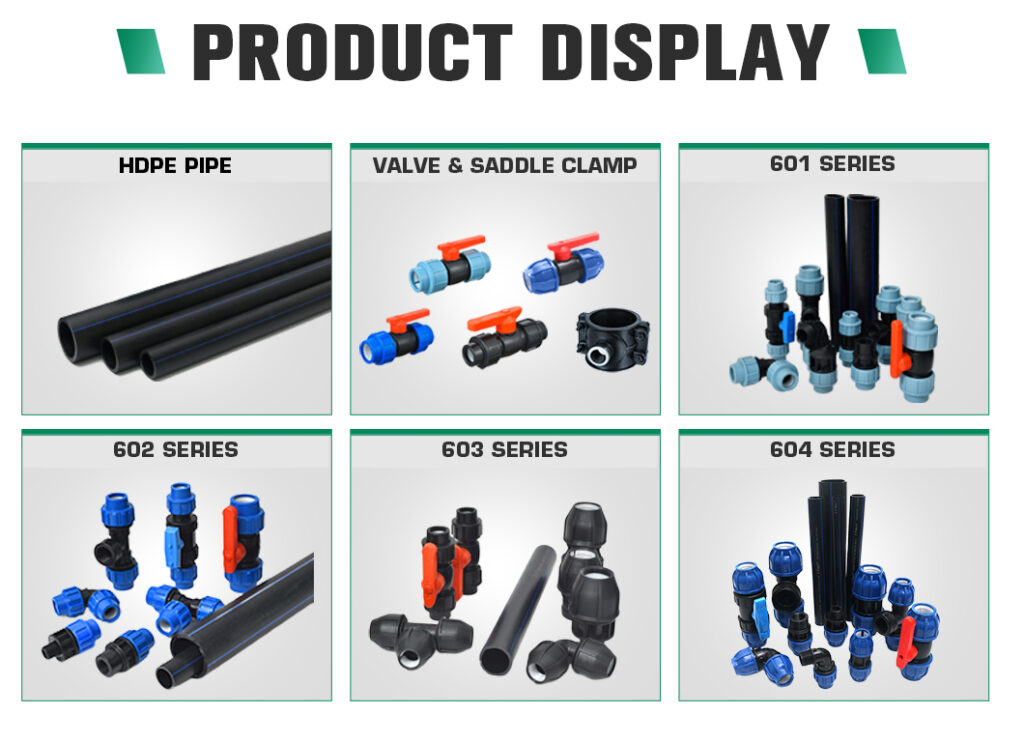HDPE Pipes: The Versatile Solution for Modern Pipeline Projects
High-Density Polyethylene (HDPE) pipes have become increasingly popular in various pipeline projects due to their versatility and exceptional properties. This article explores the key features, benefits, and applications of HDPE pipes.IFAN factory 30+ years manufacture experience support color/size customization support free sample.Welcome to consult for catalog and free samples.This is our Facebook Website: www.facebook.com
Introduction to HDPE Pipes
HDPE pipes are a type of thermoplastic made from high-density polyethylene resin. They are known for their high strength, durability, and resistance to corrosion, making them a versatile choice for numerous applications.

Key Features of HDPE Pipes:
High Durability: HDPE pipes are exceptionally durable and can withstand the harshest environmental conditions. They are resistant to corrosion, chemical reactions, and abrasion.
Flexibility: HDPE pipes have a high degree of flexibility, allowing them to adapt to various terrains and resist cracking or breaking under stress.
Lightweight: These pipes are lightweight, making transportation and installation more manageable.
Long Lifespan: HDPE pipes have a lifespan of up to 100 years, ensuring a reliable, long-term solution.
Benefits of HDPE Pipes:
Cost-Effective: Although the upfront cost may be higher than some alternatives, HDPE pipes’ long lifespan and minimal maintenance requirements result in cost savings over time.
Environmental Friendliness: HDPE is a recyclable material, making these pipes an environmentally responsible choice.
Leak-Free Joints: HDPE pipes can be joined using heat fusion, creating seamless, leak-free connections.
Chemical Resistance: They are highly resistant to a wide range of chemicals, making them suitable for transporting various fluids.
Versatility: HDPE pipes are used in numerous applications, including water supply, sewage systems, gas distribution, mining, and agriculture.
Applications of HDPE Pipes:
Municipal Water Supply: HDPE pipes are widely used in water distribution systems for their durability and resistance to corrosion.
Sewerage Systems: They are ideal for sewerage and drainage systems due to their leak-free joints and resistance to abrasion.
Gas Distribution: HDPE pipes are suitable for natural gas and liquefied petroleum gas (LPG) distribution networks.
Agriculture: They are used in irrigation systems for their flexibility and resistance to chemicals used in agriculture.
Conclusion:
HDPE pipes have revolutionized pipeline projects with their durability, flexibility, and resistance to corrosion and chemicals. They offer a long-lasting and cost-effective solution for a wide range of applications, making them a top choice for modern infrastructure projects.

